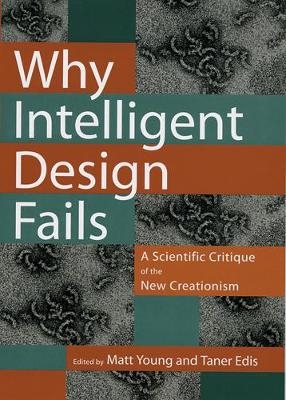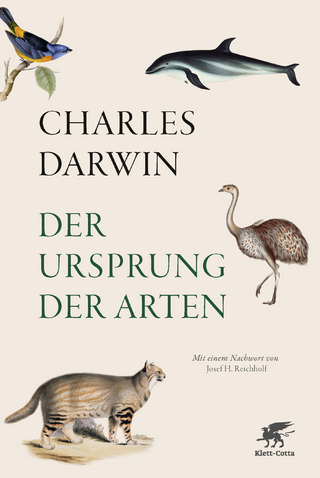
Why Intelligent Design Fails
Rutgers University Press (Verlag)
978-0-8135-3872-3 (ISBN)
- Titel z.Zt. nicht lieferbar
- Versandkostenfrei innerhalb Deutschlands
- Auch auf Rechnung
- Verfügbarkeit in der Filiale vor Ort prüfen
- Artikel merken
Is Darwinian evolution established fact, or a dogma ready to be overtaken by "intelligent design"? This is the debate raging in courtrooms and classrooms across the country.
Why Intelligent Design Fails assembles a team of physicists, biologists, computer scientists, mathematicians, and archaeologists to examine intelligent design from a scientific perspective. They consistently find grandiose claims without merit.
Contributors take intelligent design's two most famous claims--irreducible complexity and information-based arguments--and show that neither challenges Darwinian evolution. They also discuss thermodynamics and self-organization; the ways human design is actually identified in fields such as forensic archaeology; how research in machine intelligence indicates that intelligence itself is the product of chance and necessity; and cosmological fine-tuning arguments.
Intelligent design turns out to be a scientific mistake, but a mistake whose details highlight the amazing power of Darwinian thinking and the wonders of a complex world without design.
Matt Young is senior lecturer at the Colorado School of Mines and a former physicist with the National Institute of Standards and Technology. He is the author of No Sense of Obligation: Science and Religion in an Impersonal Universe and two other books. Taner Edis is an associate professor of physics at Truman State University in Kirksville, Missouri, and the author of The Ghost in the Universe: God in Light of Modern Science.
Contents
Preface
Acknowledgements
Introduction - Matt Young and Taner Edis
Chapter 1. Grand Themes, Narrow Constituency - Taner Edis
Chapter 2. Grand Designs and Facile Analogies - Matt Young
Chapter 3. Common Descent - Gert Korthof
Chapter 4. Darwin's Transparent Box - David Ussery
Chapter 5. Evolutionary Paths to Irreducible Systems - Alan D. Gishlick
Chapter 6. Evolution of the Bacterial Flagellum - Ian Musgrave
Chapter 7. Self-Organization and the Origin of Complexity - Niall Shanks and Istvan Karsai
Chapter 8. The Explanatory Filter, Archaeology, and Forensics - Gary S. Hurd
Chapter 9. Playing Games with Probability - Jeffrey Shallit and Wesley Elsberry
Chapter 10. Chance and Necessity-and Intelligent Design? - Taner Edis
Chapter 11. There Is a Free Lunch After All - Mark Perakh
Chapter 12. Is the Universe Fine-Tuned for Us? - Victor J. Stenger
Chapter 13. Is Intelligent Design Science? - Matt Perakh and Matt Young
Appendix 1. List of Organizations and Web Sites - Compiled by Gary S. Hurd
References
About the Editors
About the Contributors
Index
| Erscheint lt. Verlag | 30.3.2006 |
|---|---|
| Co-Autor | Gary Hurd, Jeffrey Shallit, Mark Perakh |
| Zusatzinfo | 256 illustrations |
| Verlagsort | New Brunswick NJ |
| Sprache | englisch |
| Maße | 152 x 229 mm |
| Gewicht | 397 g |
| Themenwelt | Geisteswissenschaften ► Religion / Theologie |
| Naturwissenschaften ► Biologie ► Evolution | |
| ISBN-10 | 0-8135-3872-6 / 0813538726 |
| ISBN-13 | 978-0-8135-3872-3 / 9780813538723 |
| Zustand | Neuware |
| Haben Sie eine Frage zum Produkt? |
aus dem Bereich


